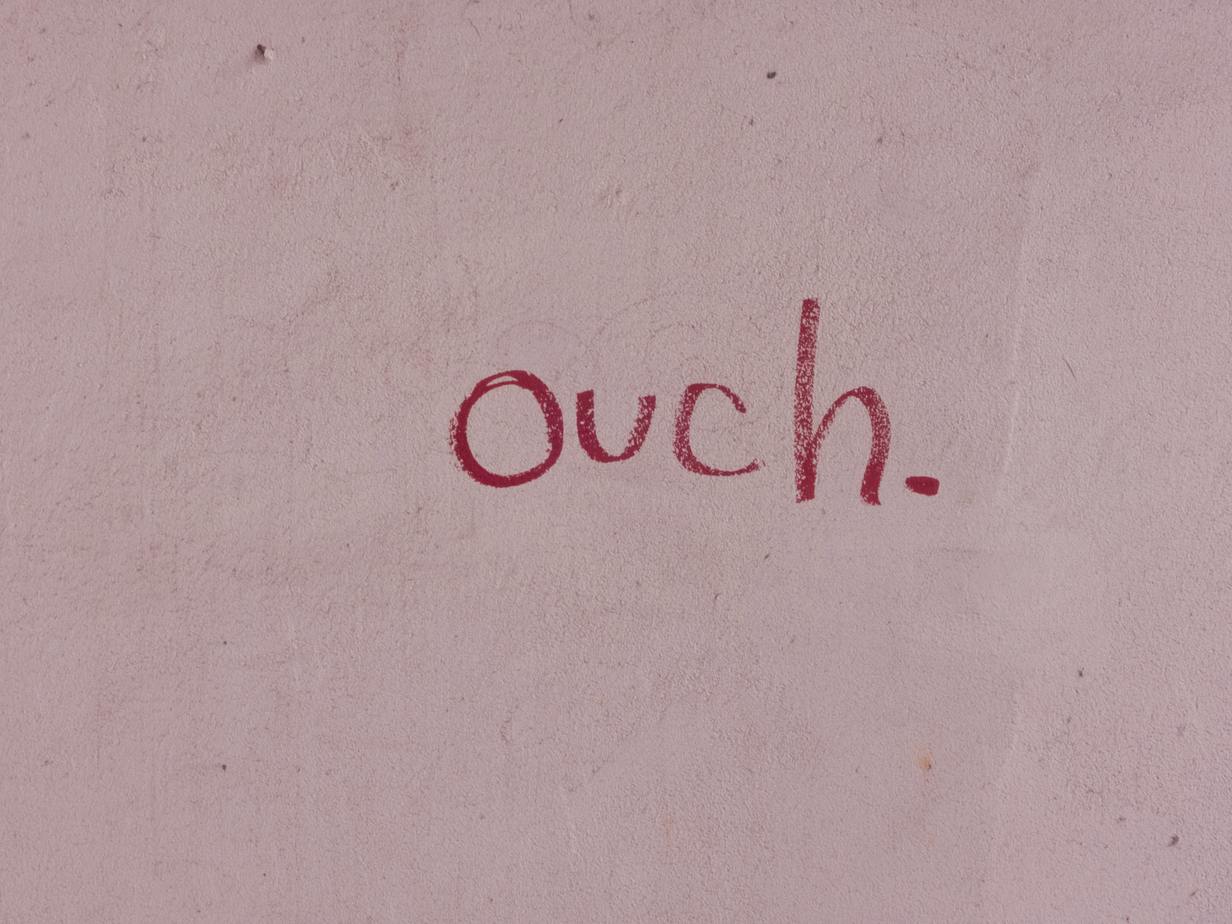Who is Hal Runkel?
Hal Runkel is the author of ‘Choose Your Own Adulthood,’ an adulting self-help book with 78% 5-star ratings on Amazon.
Runkel is a marriage and family therapist who has dedicated his life to helping others capture the relationships and futures they crave. He’s a speaker, author, and coach. Hal is all about the ‘scream-free’ approach. He teaches people to have scream-free marriages and how to take a scream-free parenting approach.
How to manage relationship conflict
1. Why use “ouch” to manage relationship conflicts
When we’re in conflict, often we will say something that hurts the other person, using the inside information that you have on them or that they have on you.
“Oh yeah? Well, you’re starting to look like your mother”.
At this point, rather than retaliating with your own personal attack, Runkel suggests saying, “Ouch. That one hurt.”
Instead of pushing your partner away, he says it invites them in, he says.
“That four-letter word actually says: I am open enough to you that you can actually hurt me, so now how about we talk to each other as if we love each other.”

2. How to use “ouch” to resolve relationship conflicts
Saying ‘ouch’ for emotional injuries
With physical injuries, the word ‘ouch’ often just comes out. But when it comes to emotional wounds, it’s much harder to articulate.
It’s understood that physical harm warrants an ‘ouch,’ but we haven’t yet made the association between emotional harm and expressions of pain. This is particularly because we are often taught to hide our feelings, to “put on a brave face” or to “have a stiff upper lip”. This learned behavior encourages silence and stoicism over expressing emotional hurt, which can lead to distance and resentment in close relationships.
If you begin to use the word ‘ouch’ whenever a partner hurts your feelings, you’ll start to react this way more naturally over time.
What does saying the word ‘ouch’ do in relationships?
Julia Flood, couples and marriage therapist, says that:
“If you can find the courage to speak of your own experience and feeling, rather than declaring things about what your partner is doing wrong, they are much more likely to respond with empathy and care, which is what we’re all longing for.”
It makes total sense if you think about it.
As soon as someone feels hurt, let down, or betrayed by their partner, we go into defense mode.
This is scientifically proven. We actually have a whole section of our brain that works around the clock to protect us from others’ emotional attacks.
So, if your partner hurts you emotionally – whether that’s a small or massive sensation – that part of your brain is activated. And often this means that we respond by shutting the conversation down or hurling something hurtful back. Then, their defense section is activated. The argument can then snowball into this massive wave of conflict, otherwise known as ‘point scoring’.
Even though that section of your brain is working to protect you, it must be trained to work constructively. Rather than hurling abuse back, try stating, “ouch. That hurt.”
Then, the two of you can talk about the emotional injury that’s been inflicted in a calm, collected, and empathetic way. You’re far more likely to get a resolution without descending into a point-scoring match where you both feel defensive, hurt and disconnected.
“Stand up as tall as you can and own it,” Hal Runkel advises.
While it’s a simple resolution, the benefits the word ‘ouch’ can offer your relationships are too strong to miss out on.
Where does the word ‘ouch’ come from?
The word ‘ouch’ dates all the way back to 1837.
Etymonline defines the word ‘ouch’ as an “exclamation expressing pain, 1837, from Pennsylvania German ‘outch’, cry of pain, from German autsch. The Japanese word is itai.’
Despite the globe using variations of the word ‘ouch’ to express pain, the main sounds being heavy on vowels remain the same.

Written by the Killing Kittens team.

